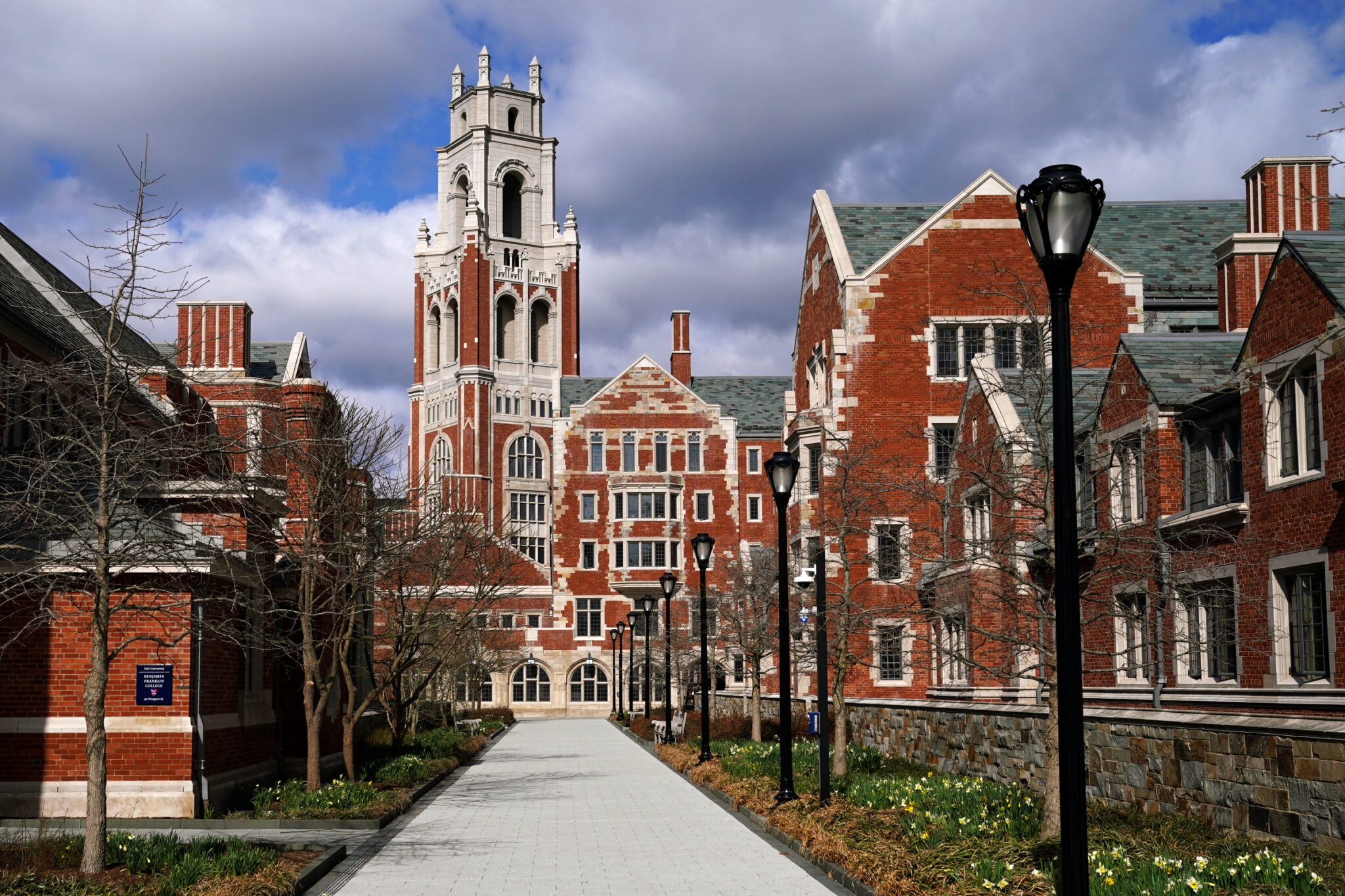Housing lottery begins under reformed draw process
After the announcement that the University would standardize the housing draw across residential colleges, Dean of Yale College Pericles Lewis told the News what students can expect in current and future years.

Tim Tai, Photography Editor
This past Wednesday marked the first sophomore and senior housing lotteries since Dean of Yale College Pericles Lewis announced a new streamlined draw.
While each residential college previously had its own process and set of deadlines, housing now runs on a shared timeline. Every sophomore and senior with intent to live on campus participated in the first lottery on April 5. For juniors, the lottery will take place on April 19. Students can view the complete timeline on the Yale College Housing Portal.
The new draw “will ultimately lead to greater fairness across the whole college,” Lewis told the News.
Last year, the large number of students who had delayed their matriculation during the COVID-19 pandemic created a housing shortage that forced some students off-campus. This year, the University is able to guarantee on-campus housing for all undergraduates.
About one-third of the residential colleges have oversubscribed housing — meaning that there are more students seeking to live on-campus than available beds — while one-third have undersubscribed housing. The University plans to offer an on-campus room to every undergraduate in the draw by evening out these numbers.
“Everyone who declared intent will get a room,” Lewis said. “It’s not exactly like peanut butter, but it will be roughly even across all the colleges. Every place will be pretty full, but not super tight.”
The University will also try to accommodate those who initially did not declare their intent to live on campus. Lewis told the News that students who did not manage to declare by the deadline would be added to the “list.”
Lewis confirmed that the University will need to make use of “some annexed housing.” Annex housing places students in rooms outside of their residential colleges. Students who are annexed will be housed in a few different spaces around campus.
Arnold Hall, near Davenport, and McClellan Hall, on Old Campus, will host a mix of students from different residential colleges. Other annexed students may still have the chance to live in a residential college — just not their own.
“It’s just a question of whether you are willing to live in the annexed space,” Lewis said.
Lewis explained that a shared timeline aims to make the housing process more uniform across campus, although with “fewer charming local customs.”
River Sell ’25 recalled a few of these customs from last year’s Morse College housing draw.
“The housing aides and the groups — only the group leaders had to actually be there — were all gathered in the Morse common room for room draw,” Sell said. “They randomized the order of picking at the beginning.”
This year, students from all residential colleges received an email with a predetermined selection appointment. At that time, housing groups will be able to choose a suite from the remaining options in their draw on the Yale College Housing Portal.
Lewis revealed that the new draw was also created to reduce the burden on the residential college deans. He added that the residential college deans shared his excitement about the change in the process.
“I think the goal here is for them to focus on the things they’re experts in, which is academic and personal advice, rather than having to deal with logistics,” Lewis said.
However, Joshua Li ’26 said that he liked the thought of a residential college dean leading the housing process.
“So much of residential college life is working with your dean and head of college,” Li said. “If I ran into trouble during the housing process, I’d much rather talk to them informally than to a housing office I don’t know.”
Lewis also commented on the University’s plans to reform the housing process further.
Last month, the University changed its housing policy to allow students to request single-gender floors after weeks of student requests for religious housing accommodations. In future years, Lewis told the News, requests for religious accommodations will occur earlier, giving students more time to decide whether to live on or off campus.
The Office of the Dean may also push to select first-year Counselors earlier in the year. FroCos are sometimes required to transfer residential colleges, meaning a change could also afford them more time to determine their living situations.
Yale’s first dormitory — Connecticut Hall — was built in 1750.







